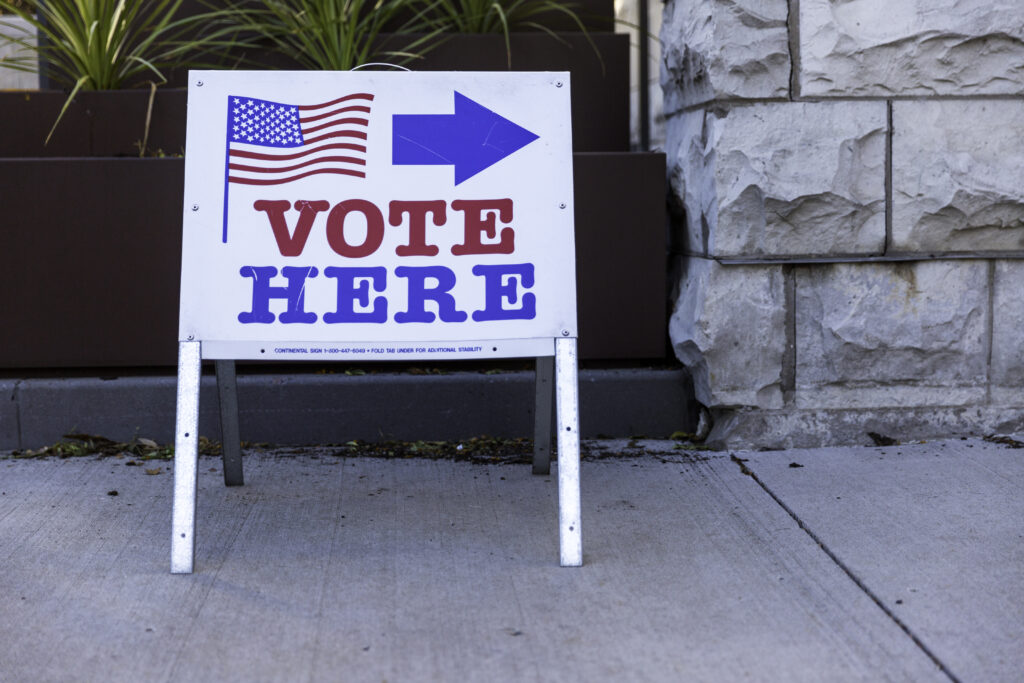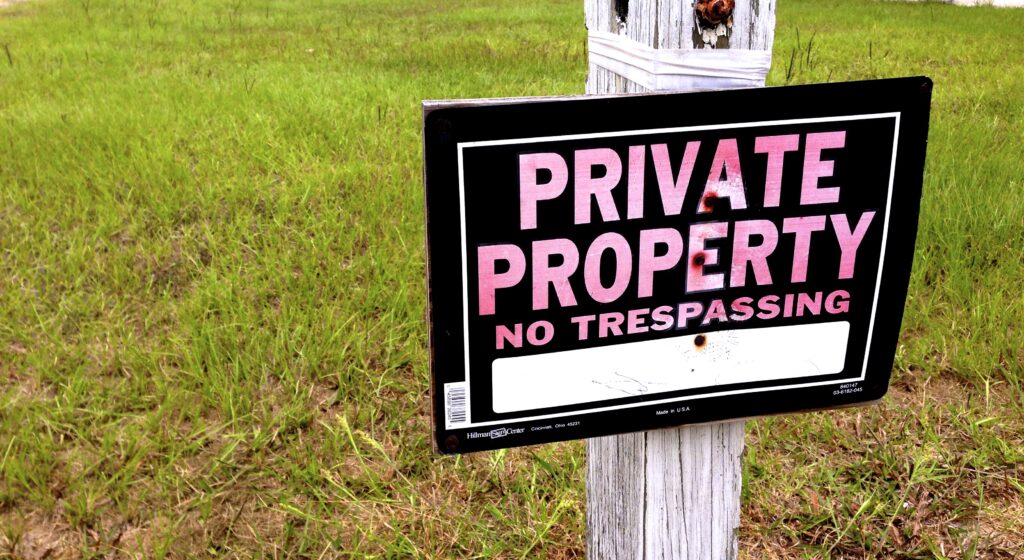A South Carolina quasi-judicial regulatory board has reversed its earlier statewide ban on Uber, one of several popular transportation network companies operating in the state.
On January 15 the state’s Public Service Commission ordered the ridesharing company to cease and desist all business activity in the state. On January 29 the board reversed its ban and granted Uber a temporary license to operate. The temporary license expires June 30.
The initial cease-and-desist order was issued in response to a request from Checker Yellow Cab, a Columbia, SC-based traditional taxicab company, to postpone the January 26 hearing. At the meeting, the commission would have ruled on the ridesharing company’s certification status in the state.
By agreeing to the taxicab company’s demand in the first place, SCPSC may have failed to meet its stated goals of ensuring “appropriate levels of customer satisfaction” and “encourag[ing] innovation” in the state.
Competitor’s Influence
“Once the hearing was delayed without a new date being set, the commission likely felt it couldn’t allow Uber to continue to operate for an open-ended amount of time without a certificate. In short, Checker Yellow Cab Inc., an opponent of Uber gaining legal status, delayed the commission hearing and forced the commission’s hand,” South Carolina Policy Council analyst Shane McNamee said.
“Although the stated goals of the PSC may be promoting innovation and ensuring quality of service for the benefit of consumers, its actions strongly suggest different goals,” he said. “The PSC has long helped to limit competition and set prices for both traditional utilities and motor vehicle carriers, to the detriment of consumers and the benefit of the regulated businesses.”
Regulations ‘Completely Unwarranted’
Foundation for Economic Education Distinguished Fellow Jeffery Tucker agreed with McNamee, describing SCPSC’s ban as extreme and unnecessary. Tucker is also a policy advisor for the Heartland Institute, which publishes Budget & Tax News.
“The high regulation of distribution transportation services like Uber is completely unwarranted, and only ends in inconvenience and high prices for consumers,” he said. “It also increases the number of drunk drivers on the road. The taxi monopolies are holding us back.”
According to statistics from the National Highway Traffic Safety Administration, there were 335 alcohol-related fatalities on South Carolina’s roads and highways in 2013. Forty-four percent of all fatalities in the state involved drunk driving, the highest proportion in the entire nation.
Instead of banning popular sharing economy services like Uber, SCPSC could better achieve its goals by allowing innovation in the state’s transportation market, McNamee said.
“If the PSC really wants to ‘promote innovation’ and improve quality of service, it would do better to focus purely on safety issues. Instead, it bases its licensing decisions on what it believes are appropriate price levels and on how much competition PSC officials believe is appropriate for the market,… as if anyone could know that,” McNamee said.
Matt Hurley ([email protected]) writes from Cincinnati, Ohio.
Internet Info:
“App-Based, On-Demand Ride Services: Comparing Taxi and Ridesourcing Trips and User Characteristics in San Francisco,” Lisa Rayle, et al., http://heartland.org/policy-documents/app-based-demand-ride-services-comparing-taxi-and-ridesourcing-trips-and-user-chara




